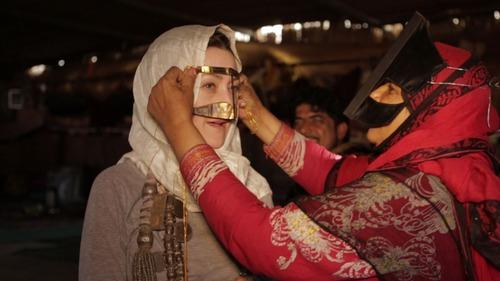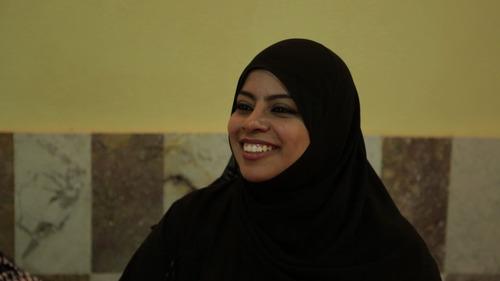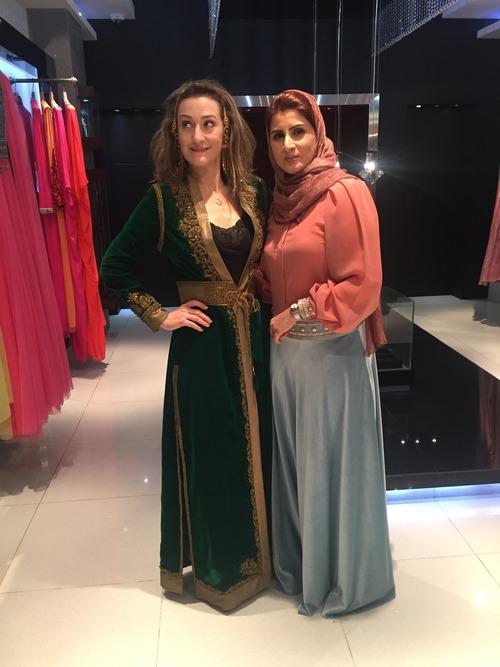By Paula Froelich
YOU’VE SEEN WOMEN IN BURQAS, niqabs, and abayas on the news — but how many do you actually know? And what is it like to wear one all the time?
Thanks to recent events and the advancement of IS, many people in the West see this traditional Islamic dress and cringe. But the truth is the niqab (a veil covering the head and face but not the eyes) has been around for millennia, predating the coming of Muhammad and the founding of Islam.



